ΙΣΤΟΡΙΑ
ΙΣΤΟΡΙΑ
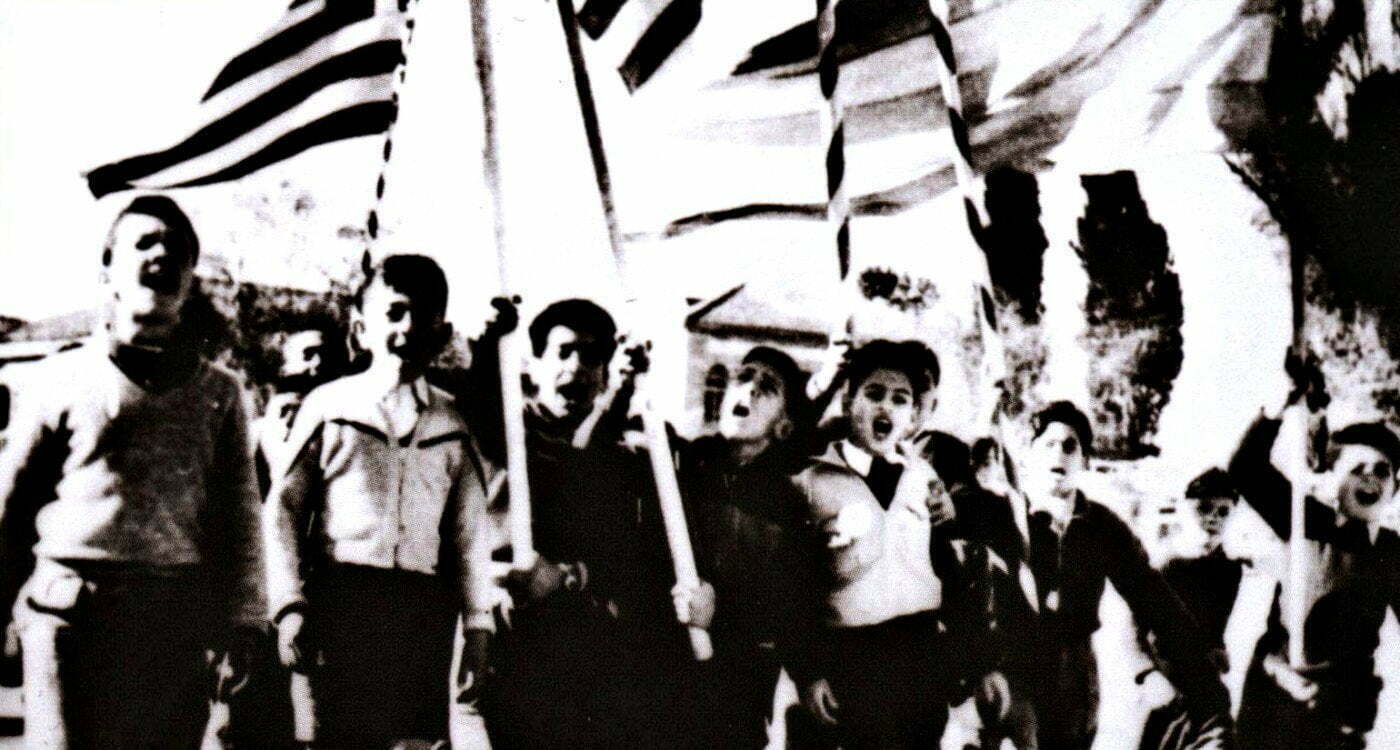
On March 7, 1953, in Athens, a twelve-member committee of prominent figures from Cyprus and Greece decided to vigorously claim Cyprus independence from the English Rulers and the unification of the island with Greece.
It was time for the next phase of the plans and efforts for the liberation of Cyprus and the Union with Greece; It was decided to place the experienced Officer George Grivas as the Leader of the Armed Rebellion.
Grivas had to deal with issues such as finding weapons and ammunition, recruiting young people and training them in guerrilla warfare.
To this end, George Grivas visited Cyprus several times and for several months he studied the possibilities of an armed struggle on the Island, whilst preparing a general plan. He also made sure that the first combat teams for revolutionary action and for the receipt and concealment of military equipment were created.
Grivas’ aim was, as he himself stated, “to motivate the interest of the international public” in order to find a solution that would satisfy the demands of the Greeks of Cyprus. According to the General’s plan the organisation’s course of action was to attack government forces, cause damage and confusion, sabotage, surprise operations of flexible combat groups and organise passive resistance by the entire Cypriot people.
The first shipment of weapons from Greece to Cyprus took place in March 1954 by the sailing ship “Sirin”. Eight (8) guns, twenty one (21) automatic rifles, forty seven (47) rifles, seven (7) revolvers, two hundred ninety (290) grenades, twenty (20) kilograms of explosives and many cartridges were kept secret and kept in a safe place.
As Georgios Grivas wrote in his diary upon his return to Cyprus and the start of the Rebellion: “With God’s help… I depart with faith and courage… I will succeed.”.
In the early hours of April 1, bombings all over Cypriot towns surprised the British and the people of Cyprus. Specifically:
Nicosia: Attack on the government radio station, an instrument of British propaganda. At the Education Office at the Headquarters a fire broke out and documents were seized at facilities. Αn attack behind the Walsley barracks was also carried out.
Larnaca: Attack on the main police station, the headquarters, the courthouse, the house of Officer Millig, the house of Commander Muftizande. In all cases, damage was caused. Most of the damages were made in the courthouse.
Limassol: Attack on the central police station and the police station in the Agios Ioannis district. There was serious damage in both cases. Significant damage was also made by the explosions at the Episkopi Garrison in Limassol.
Famagusta: The warehouse of a military camp near the road to Famagusta was attacked. Another group attempted to set fire to the petrol depot of the Dekelia power plant.
During the first act of the Struggle, EOKA lost the first fighter. In an act of self-denial, Modestos Pantelis from Liopetri, in his attempt to cut off power lines and assist the EOKA teams in Famagusta, was electrocuted.
On the same day, the head of the Famagusta sector, Grigoris Afxentiou, was declared wanted with the promise of £250 to informants, and the first announcement of EOKA was released.
The EOKA struggle was embraced by all Greek Cypriots. From farmers to teachers, from the political leadership to the guerrillas in the hideouts and the students in the schools, the goal was common: the freedom and self-determination of Cyprus.
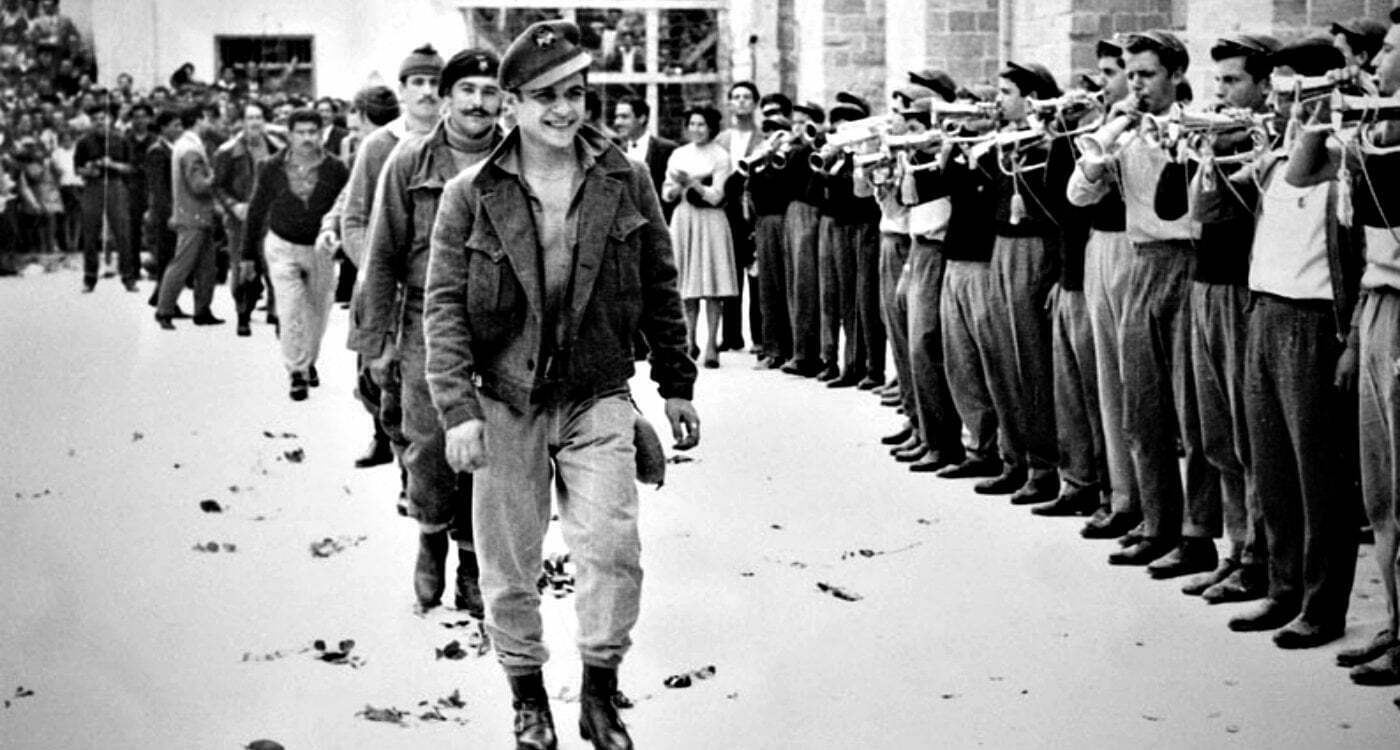
EOKA fighters
At the beginning of the Rebellion there were very few fighters but new members were constantly being added day by day. By the end of the Rebellion in March 1959, that number grew to more than twenty thousands. The death toll from the fighters rose to 108. As for the British casualties due to the action of EOKA, these amounted to 415 Britons, of which 371 were soldiers, 18 were police officers and 26 were civilians.
As a result of the EOKA Rebellion, the people’s demand for self-determination received better attention. The events led to the birth of the Republic of Cyprus in 1960, though not in a union with Greece.
Excerpt from the article of the 8th issue of the EOKA magazine (November 24, 1958) entitled “Why we took up arms”:
“One should be a Soldier of Peace as long as the Freedom and the Law are not infringed. But when these two ideals are in danger, then the maintenance of peace is cowardice, indecency, dishonesty. And the Cypriot people saw these two ideals being brutally trampled by their tyrants”.
Information from the book: Barnabas, Andrea. “History of the Liberation Struggle of EOKA 1955-1959.”, K. Epifaniou Publications, 2002.
Armenian Genocide Remembrance Day
On this day, 109 years ago, the genocide of the Armenian people by the Ottoman Empire began, with April 24 being the day of…
April 10, 1826 | The heroic Exodus of Messolonghi
Three years after the failed attempt of Kioutachis and Omer Vryonis to capture Messolonghi, the Sultan had a new plan.
Hellenic Army General Staff (HAGS) | Events for the 83rd Anniversary of the Battle of the Forts
On Sunday, April 7, 2024, the 83rd anniversary of the Battle of the Forts (April 6-9, 1941) was celebrated at “LISSE”, “RUPEL”,…
EUROSATORY 2024 | Missile Artillery Solutions from MBDA
With such a large number of interested attendees at MBDA’s pavilion at the Eurosatory 2024 Defence exhibition, the stand reminded of an…
KNDS | Showcases full range of LEOPARD battle tanks at EUROSATORY
KNDS continues to expand its technological advantage in the field of main battle tank development, as we have witnessed at the Defence and…
THEON SENSORS | Distinguishing appearance at EUROSATORY 2024 with new range of products
THEON SENSORS attended the International Defence and Security Exhibition EUROSATORY 2024 as an ambassador of Greek innovation…
Ministry of Defence | Organization of Hellenic EDF Info Day
A Conference entitled “EDF Info Day” is organized in the Amphitheater of the National Gallery on Tuesday, July 9 from 09:00 to 17:00.
ALTUS LSA | Participates in EUROSATORY 2024 with KERVEROS in the foreground
The participation of ALTUS LSA in EUROSATORY 2024 is among the Greek participations of operational significance.
Freddy Beleris | Ιn jail until October
The elected mayor of Heimarra and Member of the European Parliament of New Democracy will remain in prison until October…
HISTORY
HISTORY
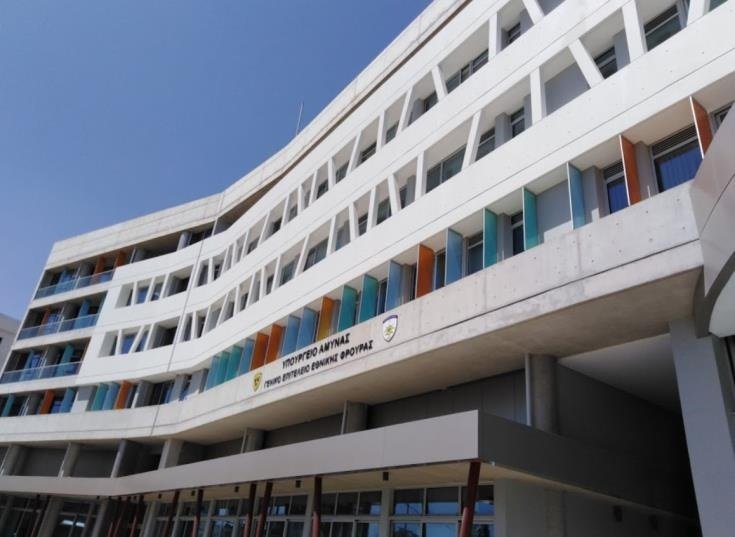
Σημαντικά μέτρα και αποφάσεις για την καταπολέμηση της εξάπλωσης του νέου κορωνοϊού, έλαβε το Υπουργείο Άμυνας και η Εθνική Φρουρά με σκοπό την προσαρμογή στα νέα μέτρα που ανακοινώθηκαν από τον Πρόεδρο της Δημοκρατίας.
Το Υπουργείο Άμυνας, ανακοίνωσε την Δευτέρα 16/3 ότι, τα στελέχη και εθνοφρουροί που ανήκουν σε ευπαθείς ομάδες πληθυσμού έλαβαν οδηγίες να παραμείνουν στο σπίτι τους, ενώ όλο το προσωπικό του Υπουργείου Άμυνας και της Εθνικής Φρουράς θα εναλλάσσεται ώστε να παρευρίσκεται η απαραίτητη Δύναμη για κάλυψη των αναγκών λειτουργίας και ασφάλειας. Οι επηρεαζόμενοι θα ενημερώνονται κατά τακτά χρονικά διαστήματα από τις προϊστάμενες Διοικήσεις, προστίθεται.
Το Υπουργείο στην ανακοίνωση του, επισημαίνει ότι διενεργήθηκαν όλες οι απαιτούμενες διευθετήσεις για το προσωπικό του Υπουργείου Άμυνας και του Γενικού Επιτελείου Εθνικής Φρουράς (ΓΕΕΦ) και όπου υπάρχει η δυνατότητα το προσωπικό θα εργάζεται από το σπίτι, δεδομένου ότι η εργασία δεν αφορά διαβαθμισμένες πληροφορίες, ενώ η μεταφορά προσωπικού από και προς τις μονάδες θα γίνεται στο 50% της χωρητικότητάς των λεωφορείων.
Οι αποφάσεις που λήφθηκαν, παρατείνουν και την αναβολή στις παρουσιάσεις των εφέδρων και εθνοφυλάκων μέχρι 30 Απριλίου. Αναλόγως των εξελίξεων, όπως αναφέρει η ανακοίνωση, θα υπάρξει ενημέρωση για τις παρουσιάσεις που είναι προγραμματισμένες μετά τις 30 Απριλίου.
Επιπλέον, αναστέλλεται η υποχρεωτική επανακατάταξη στην Εθνική Φρουρά των στρατευσίμων που τελούν σε αναβολή για λόγους υγείας, μέχρι και τις 30 Απριλίου 2020. Για την στρατολογική διευθέτηση των συγκεκριμένων στρατευσίμων θα ακολουθήσει νεότερη ανακοίνωση του Υπουργείου.
Η διεύθυνση Υγειονομικού του ΓΕΕΦ έχει καταρτίσει σχέδιο δράσης στο οποίο καθορίζονται όλες οι ενέργειες που πρέπει να γίνουν σε περίπτωση που εντοπιστεί επιβεβαιωμένο κρούσμα εντός στρατιωτικής μονάδας και σε όλους τους στρατιωτικούς χώρους εφαρμόζονται αυστηρά όλα τα μέτρα υγιεινής, σύμφωνα με τις οδηγίες του Υπουργείου Υγείας, τονίζει στην ανακοίνωση του το Υπουργείο Άμυνας.
Τέλος, το Υπουργείο Άμυνας προτρέπει το κοινό όπως προσέρχεται στα Επαρχιακά Στρατολογικά Γραφεία για εξυπηρέτηση μόνο στις απολύτως επείγουσες περιπτώσεις και κατόπιν τηλεφωνικής συνεννόησης και απευθύνει έκκληση σε όλο το προσωπικό να επιδεικνύει υψηλό αίσθημα υπευθυνότητας. Η αυστηρή πειθαρχία με όλα τα μέτρα που ανακοινώνονται είναι επιβεβλημένη για αποτελεσματικότερη αντιμετώπιση της κρίσης που βιώνουμε, καταλήγει η ανακοίνωση.
0 Comments
Armenian Genocide Remembrance Day
On this day, 109 years ago, the genocide of the Armenian people by the Ottoman Empire began, with April 24 being the day of…
April 10, 1826 | The heroic Exodus of Messolonghi
Three years after the failed attempt of Kioutachis and Omer Vryonis to capture Messolonghi, the Sultan had a new plan.
Hellenic Army General Staff (HAGS) | Events for the 83rd Anniversary of the Battle of the Forts
On Sunday, April 7, 2024, the 83rd anniversary of the Battle of the Forts (April 6-9, 1941) was celebrated at “LISSE”, “RUPEL”,…
EUROSATORY 2024 | Missile Artillery Solutions from MBDA
With such a large number of interested attendees at MBDA’s pavilion at the Eurosatory 2024 Defence exhibition, the stand reminded of an…
KNDS | Showcases full range of LEOPARD battle tanks at EUROSATORY
KNDS continues to expand its technological advantage in the field of main battle tank development, as we have witnessed at the Defence and…
THEON SENSORS | Distinguishing appearance at EUROSATORY 2024 with new range of products
THEON SENSORS attended the International Defence and Security Exhibition EUROSATORY 2024 as an ambassador of Greek innovation…
Ministry of Defence | Organization of Hellenic EDF Info Day
A Conference entitled “EDF Info Day” is organized in the Amphitheater of the National Gallery on Tuesday, July 9 from 09:00 to 17:00.
ALTUS LSA | Participates in EUROSATORY 2024 with KERVEROS in the foreground
The participation of ALTUS LSA in EUROSATORY 2024 is among the Greek participations of operational significance.
Freddy Beleris | Ιn jail until October
The elected mayor of Heimarra and Member of the European Parliament of New Democracy will remain in prison until October…




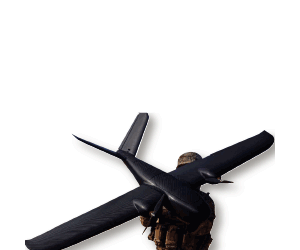
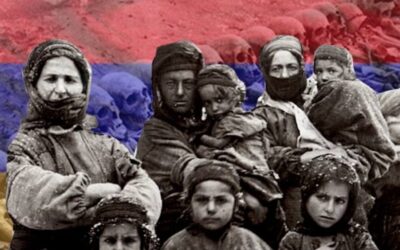
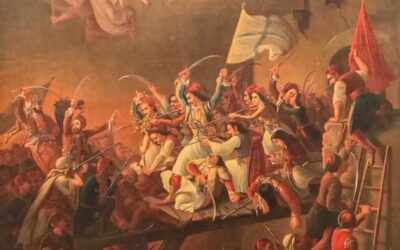
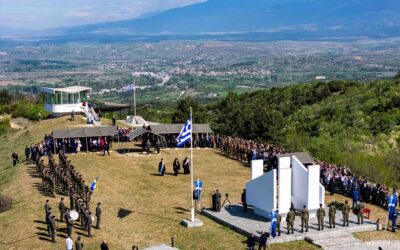

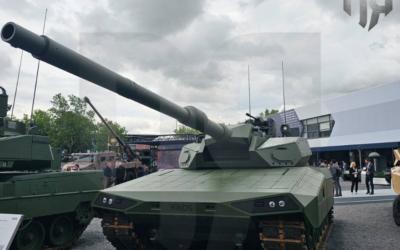


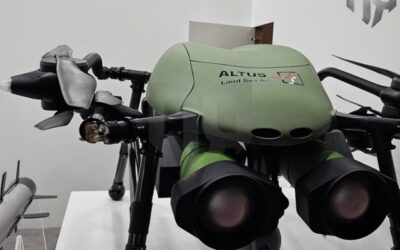
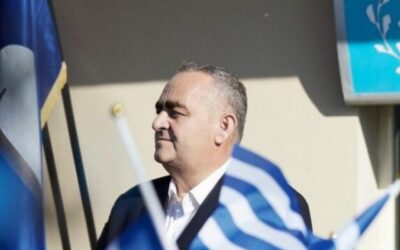
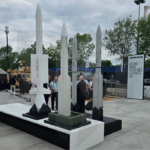
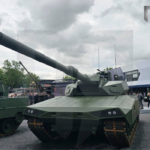

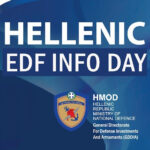
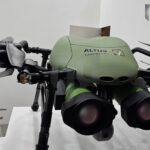
0 Comments